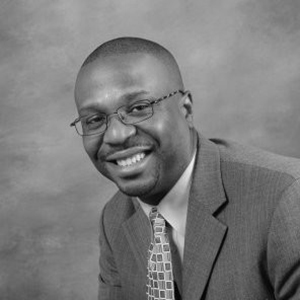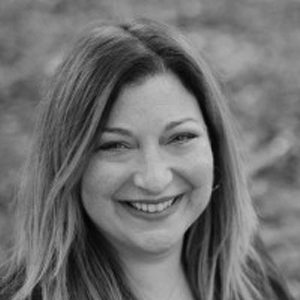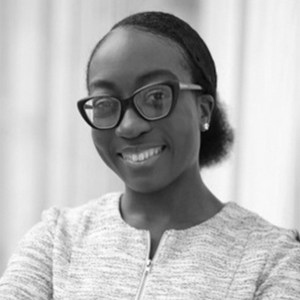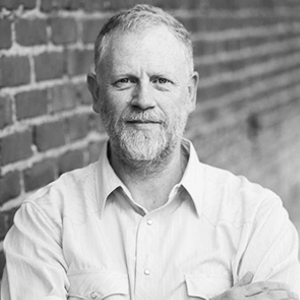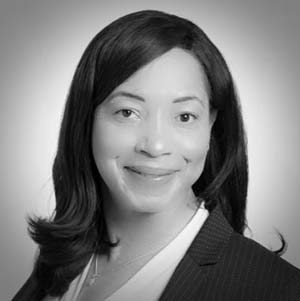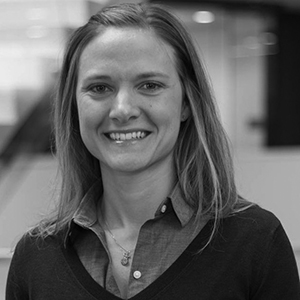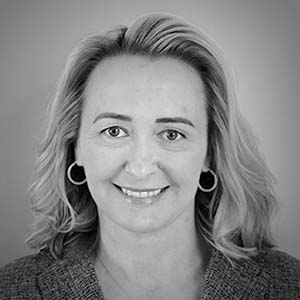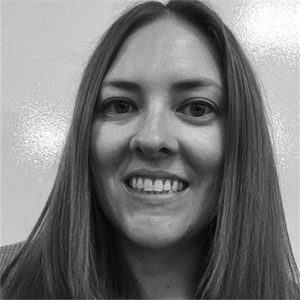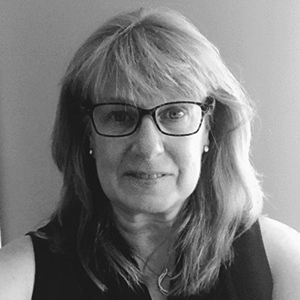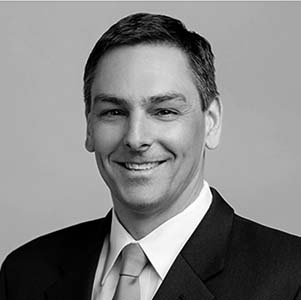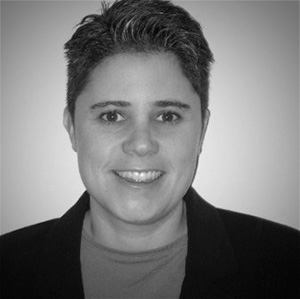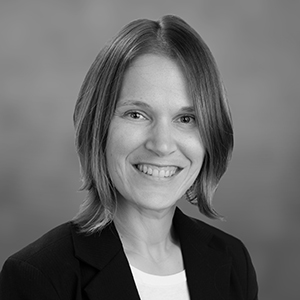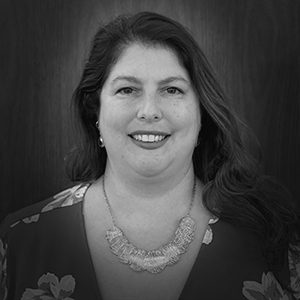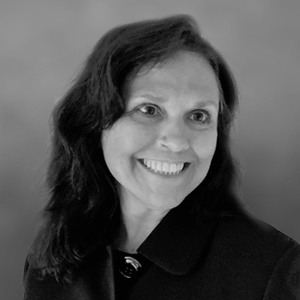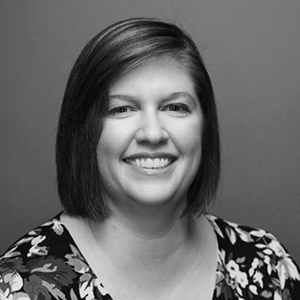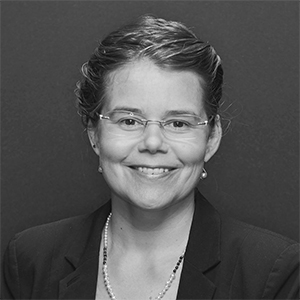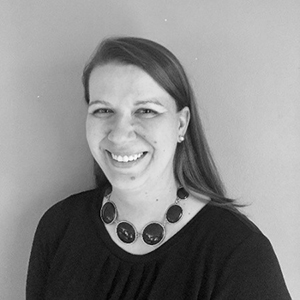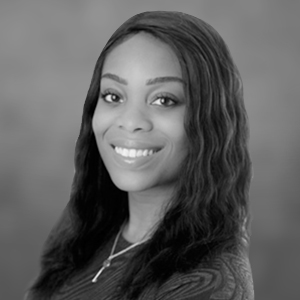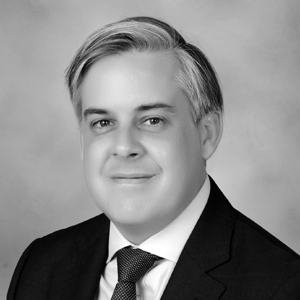
As I have navigated the COVID-19 pandemic this year, I’ve drawn from my life experiences to adapt in ways I never expected. These are trying times, no doubt, but amidst trying times come opportunities. As we pivot to a more virtual world in both our professional and personal lives, we can reflect on what’s working for us, what’s not, and if we pay attention, we can gain new perspectives on how and why we do things and how we can improve ourselves, especially in how we interact with one another.
This blog contains a number of personal reflections—how my life experiences have shaped my ability to learn and grow—and some adaptability tips that may help others embrace the changes that 2020 has brought.
Tip #1: You’re mentally stronger than you think you are!
Now this isn’t a tip, per se, rather a motivational message. I’m a native of Maryland and grew up in Prince George’s county; I mention this because in 1974, the county became the largest school district in the United States to adopt a school busing plan. Specifically, this was a plan to increase racial integration, and I was transferred from my predominantly white neighborhood’s elementary school to a predominantly black elementary school, some 45+ minutes from my home.
1974 was a very tense time in our country, echoing much of the racial injustice and inequality that our country still reckons with to this day. Even as a third grader back then, I felt that tension. Looking back, I believe that moving schools was the first time I was truly forced to adapt in order to thrive. I met the school bus in the dark and got home much later than my neighborhood friends. It was hard to balance two worlds, two sets of friends, and adjust to new cultural norms and behaviors. But I committed to embracing the unfamiliar; I studied hard and started playing team sports, which gave me a wonderful new outlet to make friends.
A few years later, I was pulled out of public school to attend a Catholic school for junior and high school. By then, though I had already discovered new self-confidence that I could succeed in new environments. I learned the value of openness, acceptance, and felt the real growth that came from my exposure to diverse people, environments, and ideas. I’ve carried that with me ever since.
Tip #2: Learn from everyone!
I developed a true passion for science during high school, and I chose to attend Virginia Tech to study biochemistry. Organic chemistry put some roadblocks in my path, so I pivoted and graduated with a biology degree, with a concentration in chemistry. My early career in science began at the Johns Hopkins School of Medicine, in the Immunology department. I was the single technician in the lab of Dr. Kimishige Ishizaka, who with his wife co-discovered the antibody class Immunoglobulin G.
Now, I wasn’t aware of who Dr. Ishizaka was during my interview. However, after joining his lab, full of international fellows, I quickly realized who Dr. Ishizaka was and the importance of the research he and his wife conducted. This lab setting was another turning point in my life—the first time I had been immersed in an environment rich with international culture. I loved it, and having to learn and adjust to different cultural dynamics strengthened me so much. It would only be one year of my life, but one that taught me empathy, patience, and saw me learn more about the world through the eyes of the fellows.
Tip #3: Draw on all your life experiences!
After my time at Johns Hopkins, I went on to work for a private biotech firm, performing HIV research on an NIH grant for Dr. Robert Gallo’s lab. I then went to work for the University of Maryland’s School of Medicine in the Cardiology department, where I did both basic and clinical research. The latter has helped me tremendously during my four-plus years as a Communications Project Director for Ripple Effect (more on that later.)
Today, Ripple Effect support Office for Human Research Protections, an HHS office that provides leadership in the protection of rights, welfare, and wellbeing of subjects involved in clinical research studies. Our team develops a host of content and materials to educate the public about participating in those studies. My time in the clinical research lab gave me a unique filter for understanding our client’s needs today, and be an active part in how they communicate and advance their mission.
Even if experiences you had years ago feel irrelevant today, I’m willing to bet that you’ll draw from those in ways that benefit you and others down the line.
Tip #4: Be a lifelong learner!
At age 30, I suddenly lost my mother—an impossibly hard loss to endure, but with it came opportunity. Circumstances after her death allowed my sister and I to launch a web design and marketing business, Quality Design Solutions. My sister majored in communications and English, so we had a solid marketing foundation, and in the early stages of internet marketing, we dove headfirst to learn the business. It stretched us both, as we learned new programs, graphic design, and raw HTML coding.
Quality Design Solutions was relatively short-lived—four years—but it taught me to push myself further than I had in the past. Our company demanded that I adapt for work-life balance, time management, and customer service. Because I had grown up in a small family-owned business, this level of commitment gave me a new appreciation for the curiosity, discipline, and drive it takes to maintain a quality company. And that’s part of what drew me to Ripple Effect: a culture of lifelong learning, and a dedication to quality people and client service.
Tip #5: All you need is 20 seconds of insane courage to accomplish anything!
My final tip encompasses my four-plus years here at Ripple Effect, as well as the 17 years I’ve worked in the martial arts industry. Adaptability inherently demands the need to change, and that starts with conscious focus. I needed a new outlet after my sister and I closed our business, so I joined a cardio kickboxing class for some exercise. I immediately loved it, and within a short time, I was recruited to learn how to teach the class as the instructor’s substitute. I was learning so much again, but this time it was more physical than mental.
I eventually become a licensed instructor, and worked for a local martial arts school and YMCA, but found a home at Tristar Martial Arts running their cardio kickboxing program. I built immense confidence, improving myself as an instructor while also working with leadership to grow into an operations manager role. I helped shape our marketing plan and grow the school from one location to three, pivoting multiple times to accommodate our students’ needs and sustain a quality business model.
Mini-Tip: In order to build an adaptable mindset, you must first build confidence in yourself and others.
It was a constant journey of learning and adapting in business, as well as a physical journey to achieve multiple degrees of my Black Belt. Each rank pushed me to a different level of mental stamina, requiring me to take my foundational work and use it differently, a constant state of rethinking how to use techniques I had learned and practices for many years. During this time, I also completed my first half marathon, started playing soccer again, and coached my daughter in several sports—all activities that demanded an open mindset, and the ability to change and troubleshoot my way to positive outcomes.
Leadership is everything
Leadership has been a central component of my journey both at Tristar Martial Arts and here at Ripple Effect. Today, I manage a 15+ person communications team, and to be a good manager, I have to embrace an adaptable mindset and encourage it team-wide. It’s not easy, but creating a ‘fail forward’ attitude in a trusted environment builds resilience and confidence. Every time we fail, we have to pivot! And learning how to do that well requires mentoring and training.
I had great professional mentors in my parents, who instilled a quality work ethic in me, and who I watched grow their business and eventually merge it with another accounting firm. Debbie Thompson, the Tristar martial arts owner, mentored me further and always encouraged fresh thinking to keep the business moving forward. And at Ripple Effect, our CEO, Amy Bielski, continues my mentoring journey by continually teaching Ripple Effect employees about what it means to be a consultant, not a contractor, promoting adaptability and commitments to quality.
Positive thinking leads to growth
Ripple Effect has tested and fine-tuned my adaptability mindset even further. I started in the private industry, where winning business is very different than in the government contracting world. I’ve had to change the ways I approach new work as well as ongoing projects, and maintaining a positive attitude as I learn has been crucial to my success. My life experience and martial arts training has helped me keep an open mind to forge forward, and I try to instill that in everyone I work with.
I started as a Communication Specialist, leading a small graphics team in limited project work, but now I’m a Project Director, managing multiple projects and leading an expanded Content Development Team that touches projects from all divisions and helps shape Ripple’s brand. The shift would not have been possible if I were not able to pivot and change along the way.
The final word: Invest in yourself and your team!
My best advice to anyone reading this blog: invest in yourself and the team that surrounds you. Look for opportunities and encourage growth through failure, as well as success. I have been incredibly fortunate in my career path to encounter great people who I can trust. Never underestimate that power, and never underestimate yourself!




